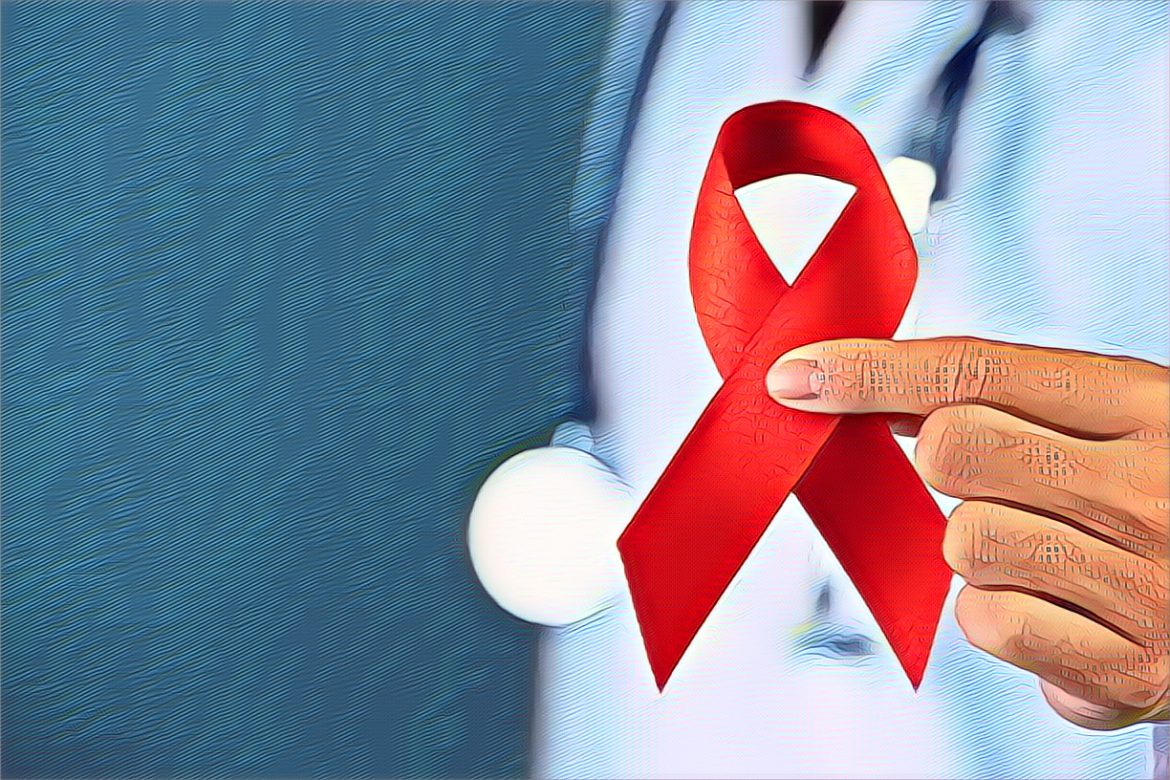The National AIDS and STI Control Programme (NASCP) has declared a significant public health milestone for Nigeria: the country has successfully downgraded HIV from an epidemic status. This breakthrough was announced during the 35th annual National Education Conference of the National Union of Textile Garment and Tailoring Workers of Nigeria (NUTGTWN) in Kaduna.
The NASCP, in collaboration with PELTOM Global Services Ltd and Codix Pharma Limited, is initiating a comprehensive plan to accelerate the reduction of HIV transmission rates in Nigeria. This plan includes training healthcare personnel in the effective use of HIV 1 and 2 Rapid Test Kits.
Simultaneously, the Nigeria Centre for Disease Control and Prevention (NCDC) unveiled its strategic plan for 2023–2027 at the Health Security Partners’ meeting in Abuja. The NASCP credits the federal government’s testing and treatment program, backed by SD Biosensor from South Korea, with significantly curbing the spread of HIV.
According to a report by This Day Live, the initiative involves a 3-day National Training of Trainers (TOT) on the WHO-approved Standard Q HIV 1&2 Rapid Test Kit. This training aims to ensure accurate usage of the kits and monitor their performance and effectiveness in the field.
Following the TOT, the program plans to train over 900 testers across Nigeria’s 774 local government areas, covering all six geopolitical zones. The National Coordinator of NASCP, Dr. Ade Bashorun, announced that the training would commence on Thursday, November 23, 2023, in Abuja. He emphasized the importance of this training in enhancing HIV testing accuracy across the country and linking patients to appropriate treatments.
Dr. Bashorun also addressed the integrity and quality of the test kits, assuring that all brands used in Nigeria have undergone quality assessment trials by NAFDAC. He mentioned that efforts are underway to increase in-country production of the Rapid Test Kits in collaboration with biosensors.
He reiterated the government’s commitment to eradicating new HIV transmissions by 2030, urging people to take advantage of the rapid test kit rollout to know their HIV status.
Meanwhile, NCDC Director General, Dr. Ifedayo Adetiba, during the strategy and implementation plan launch, outlined the agency’s commitment to advancing health security interventions in Nigeria. The 2023–2027 strategic plan emphasizes digital transformation and high-quality public health informatics, reflecting a strong vision for NCDC supported by well-defined goals and implementation plans.
Dr. Adetiba recalled the success of the NCDC’s first strategy, “Idea to Reality,” and its end-term review in 2022. The new strategy focuses on strengthening subnational health security and equipping the Department of Planning, Research, and Statistics with advanced monitoring, evaluation, and learning tools.
The NCDC’s vision of a healthier and safer Nigeria encompasses 7 key strategic goals, 41 objectives, and 225 activities for the next five years. A performance management structure will oversee these initiatives, coordinating efforts across departments and divisions and enabling collaborations to address emerging public health threats.


